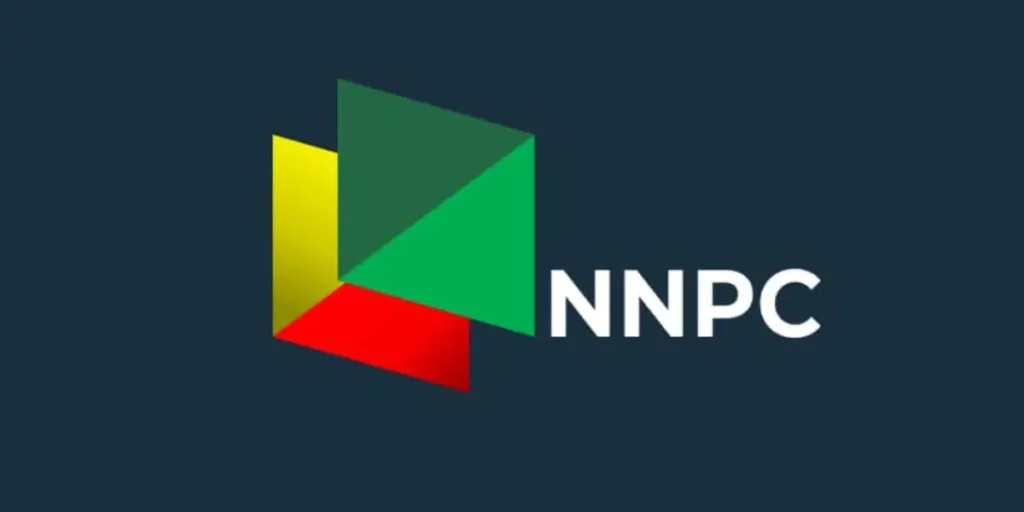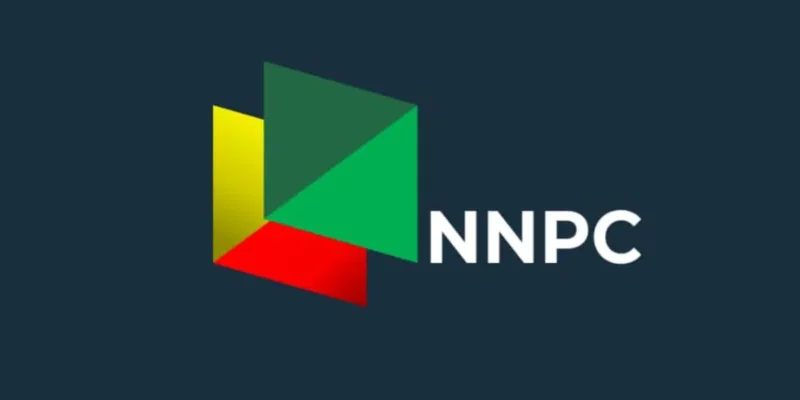
The World Bank has raised concerns over the Nigerian National Petroleum Company Limited’s (NNPCL) partial remittance of revenue gains following the removal of the Premium Motor Spirit (PMS) subsidy, revealing that only 50% of the proceeds have been transferred to the Federation Account.
This disclosure is contained in the latest Nigeria Development Update report titled “Building Momentum for Inclusive Growth.” The report highlights fiscal transparency issues and warns that the failure to fully remit subsidy savings could derail Nigeria’s economic recovery and infrastructure development efforts.
According to the report, although the total revenue generated by NNPCL from crude oil sales and other sources in 2024 amounted to ₦1.1 trillion, only ₦600 billion was remitted to the Federation Account, with the remaining ₦500 billion used to settle legacy debt arrears.
The World Bank emphasized that while President Bola Tinubu’s decision to remove the fuel subsidy in 2023 initially drew praise from international bodies, the policy’s impact was blunted by a delayed and incomplete remittance of expected fiscal gains. Full deregulation did not take effect until October 2024, following the operational commencement of the Dangote Refinery.
Even after full deregulation, NNPCL reportedly began transferring the revenue windfall only in January 2025 and has since been remitting just half of it. The World Bank stressed that this approach undermines fiscal consolidation, noting that oil revenues are expected to account for 70% of federal revenue in 2025.
“As of February 2025, NNPCL claimed it was owed ₦7.8 trillion in arrears, while the Federation’s claims stood at ₦6.1 trillion, leaving a net balance of ₦1.7 trillion in NNPCL’s favour,” the report stated.
Despite a sharp rise in gross revenues by Nigeria’s main revenue-generating agencies—from ₦16.5 trillion in 2023 to ₦29.5 trillion in 2024—NNPCL’s contribution to the Federation Account dropped to ₦600 billion in 2024, down from ₦1.1 trillion in 2023.
The World Bank recommended a forensic audit of NNPCL’s finances and the implementation of standardised reporting templates to the Federation Accounts Allocation Committee (FAAC) to improve transparency and accountability.
It concluded that resolving outstanding arrears and ensuring the full transfer of subsidy gains is “critical for sound fiscal management and Nigeria’s sustainable economic development.”

Comments